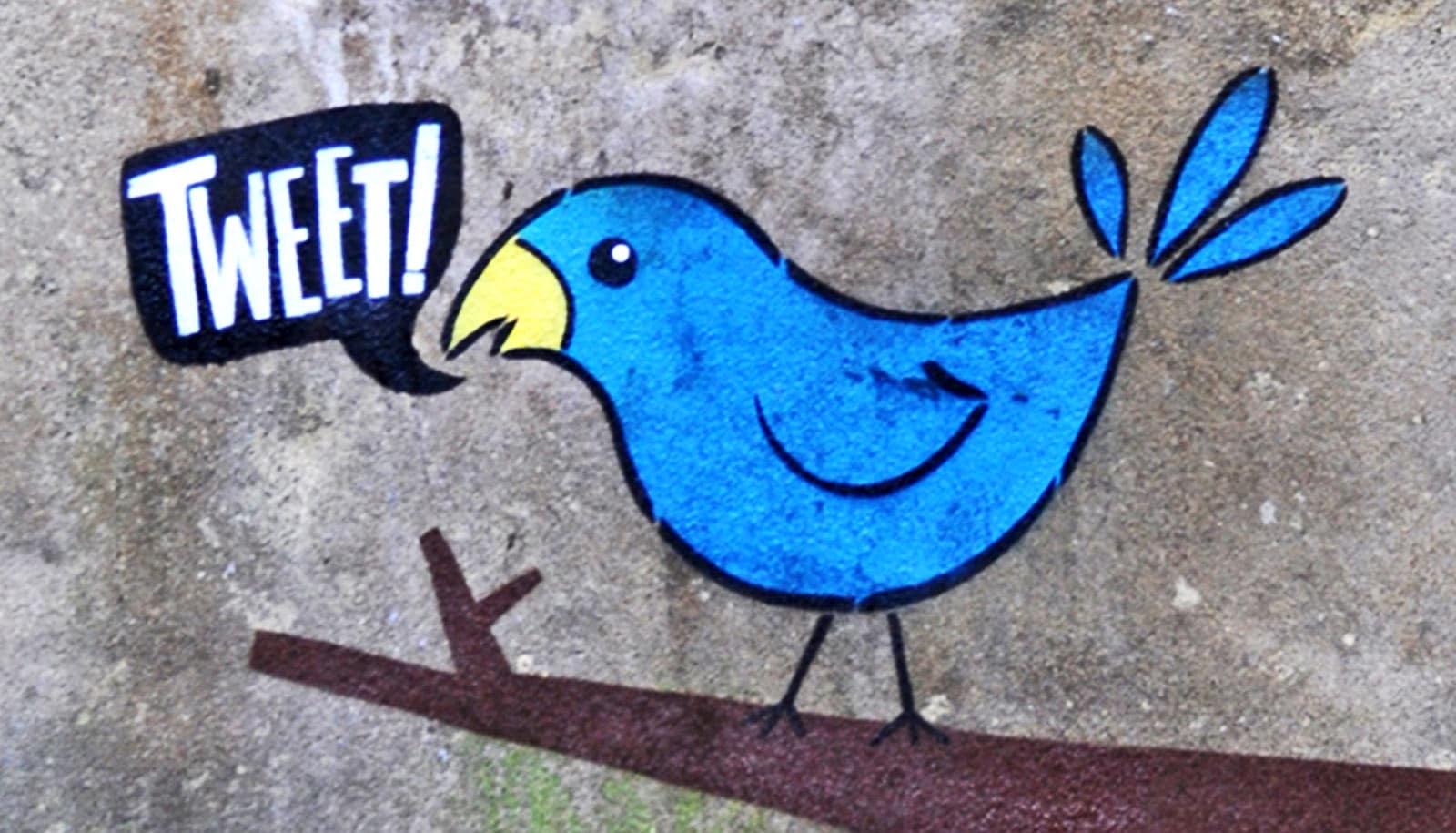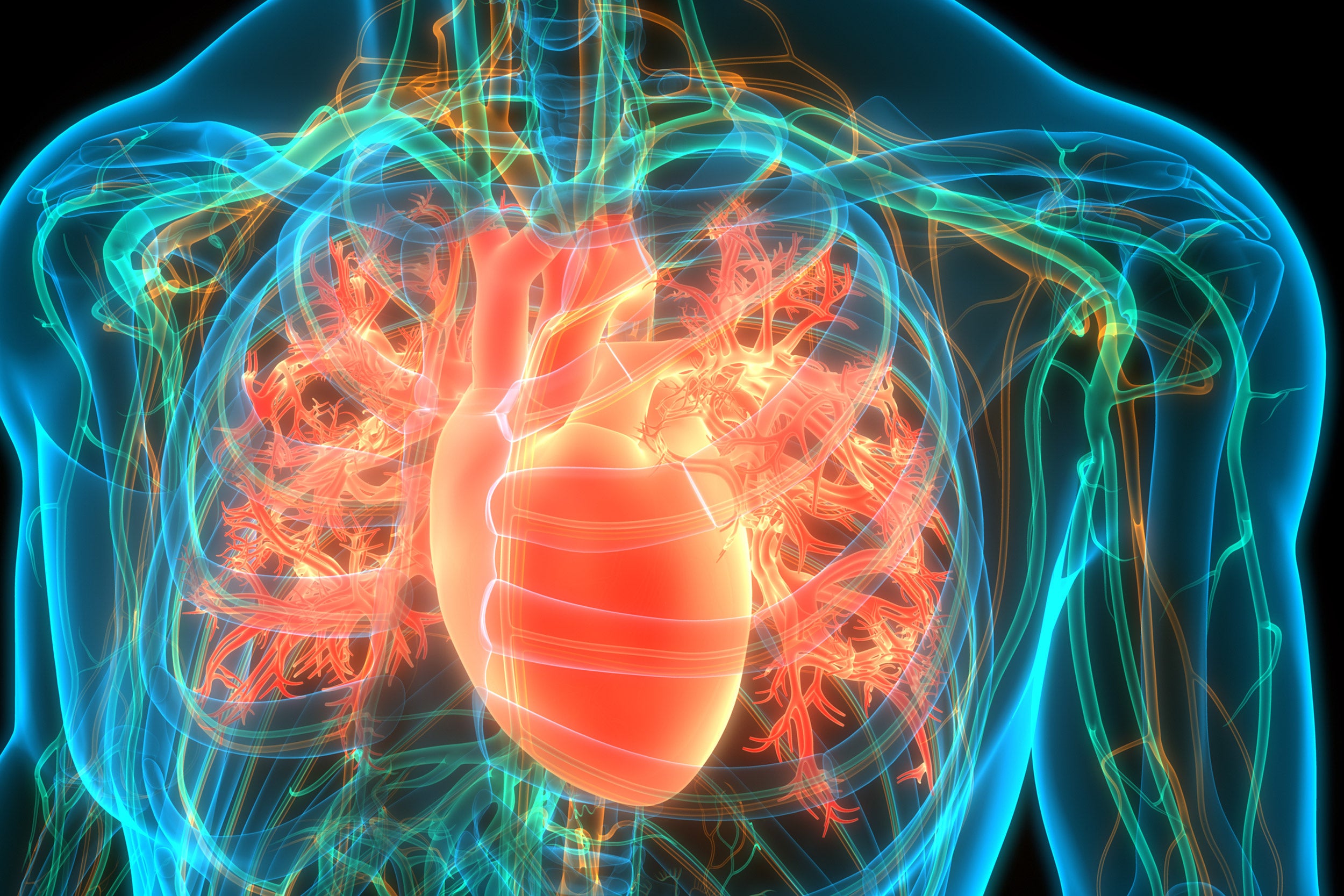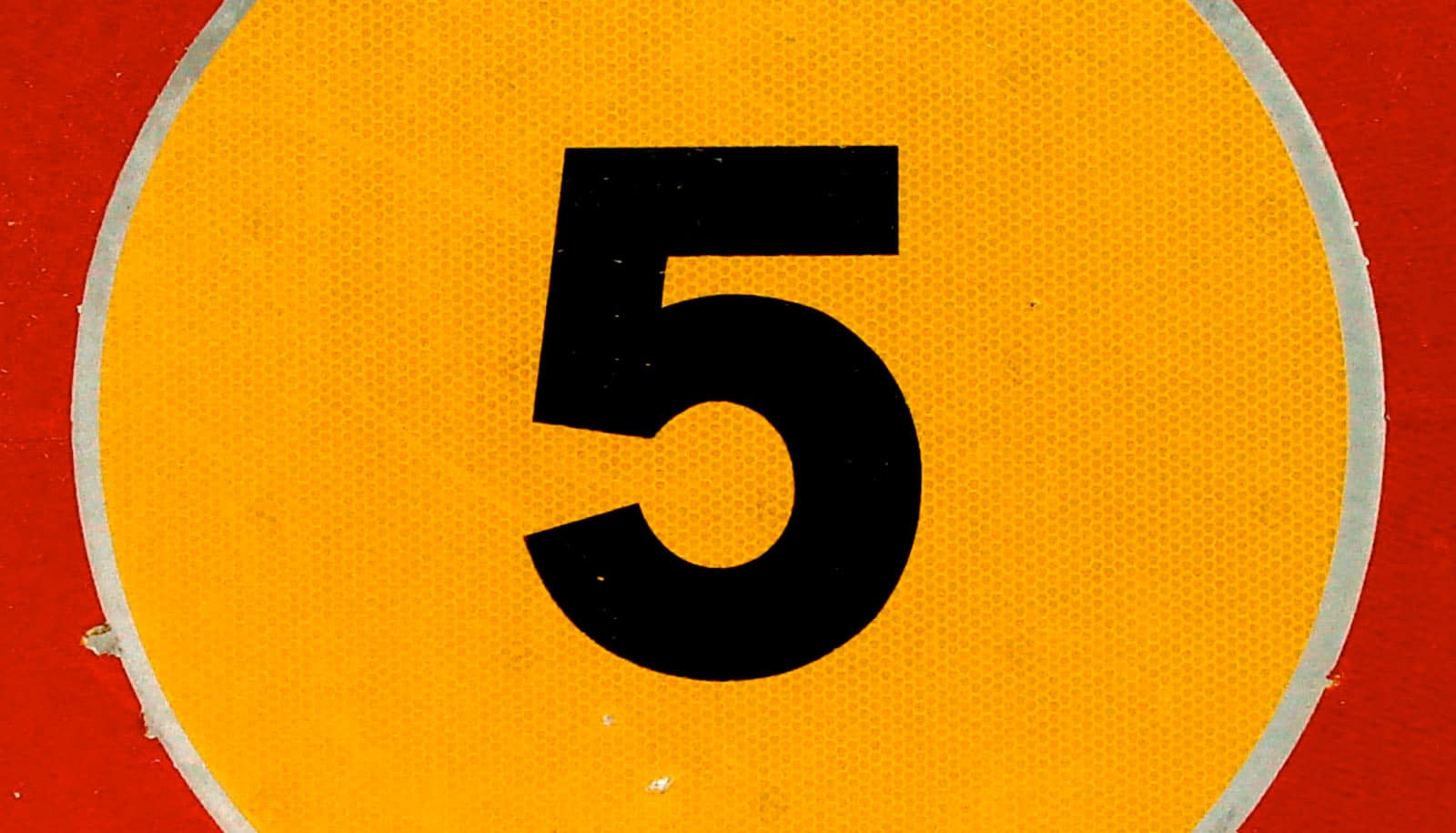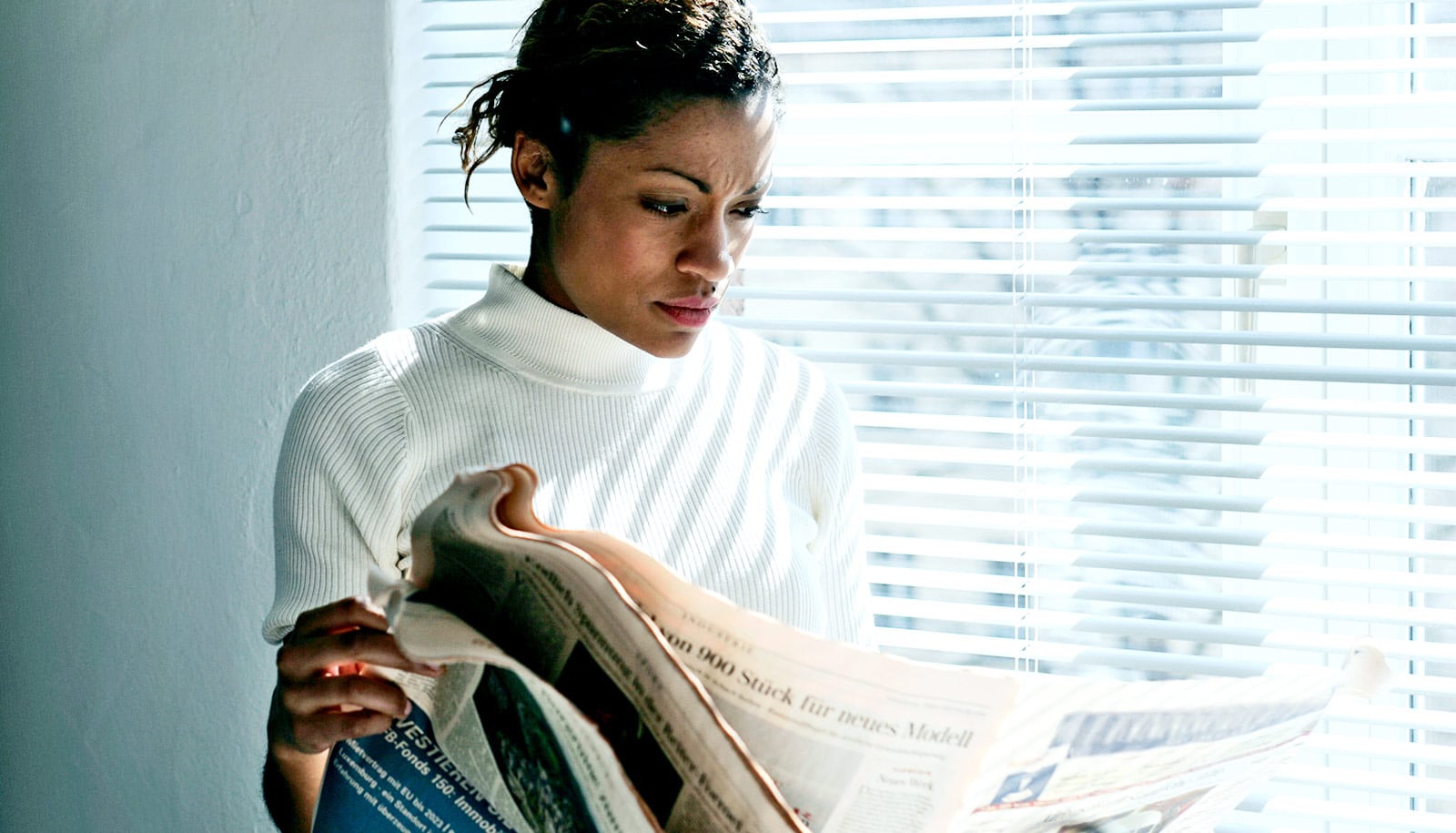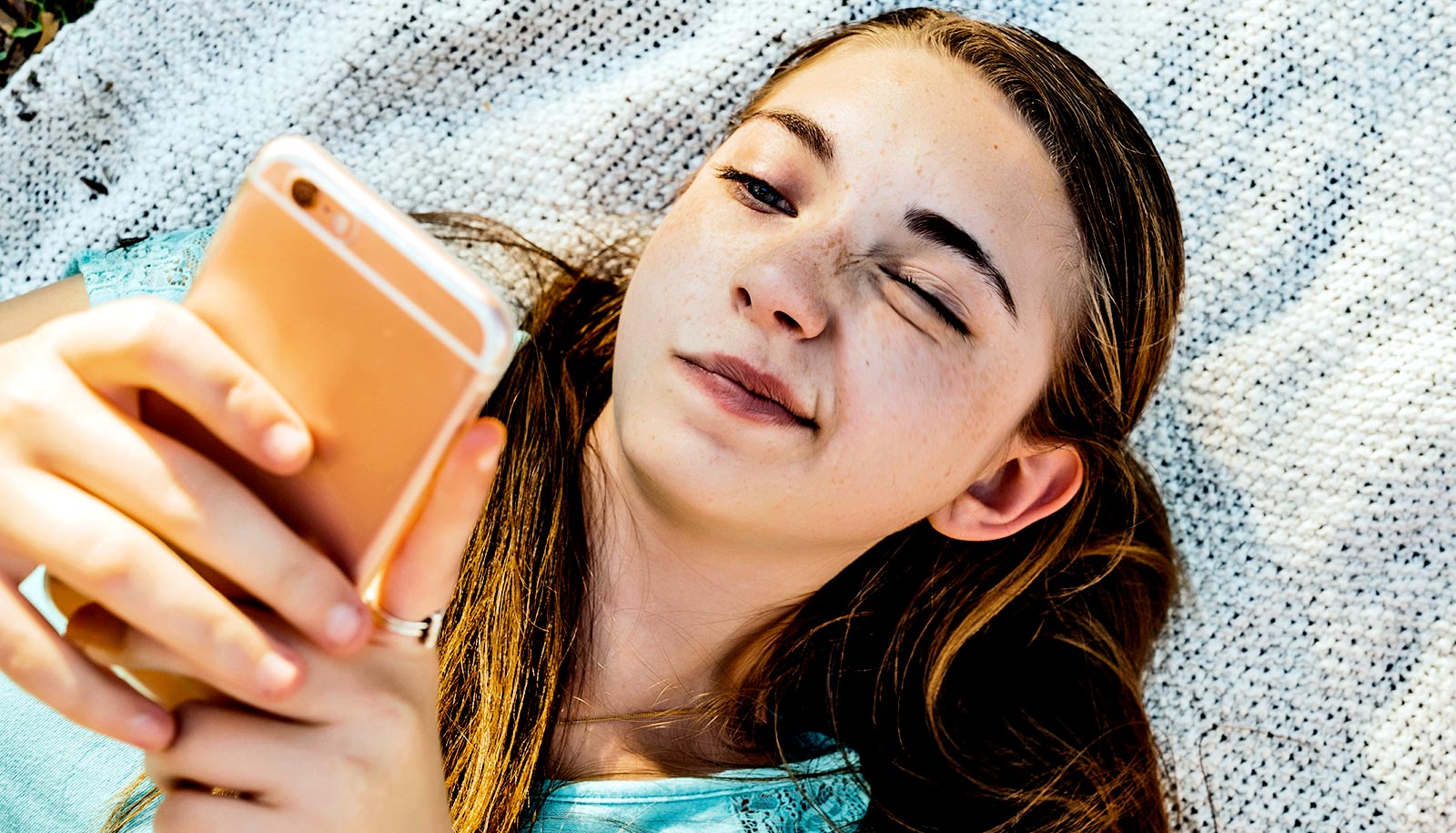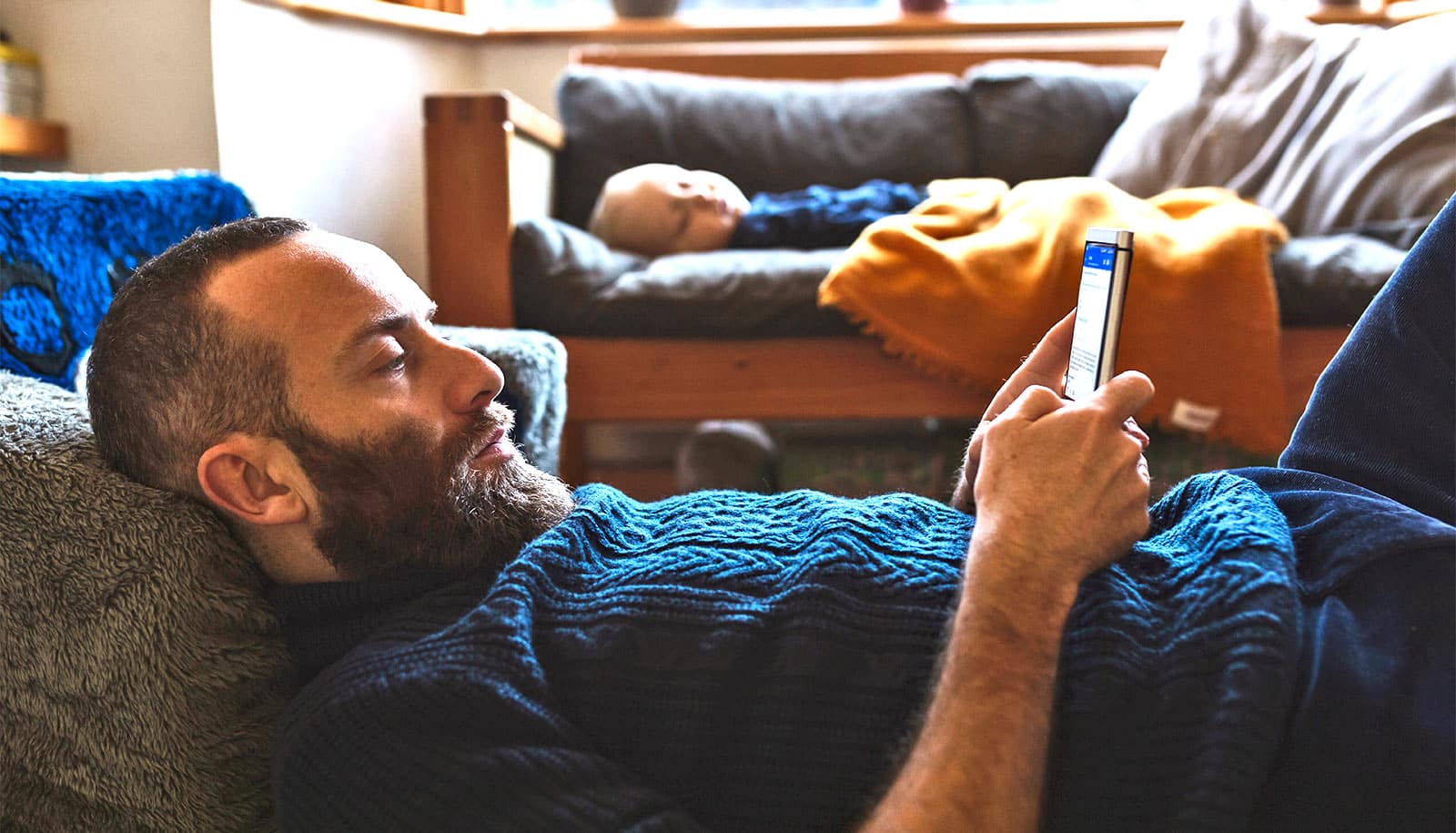Facebook often removes evidence of atrocities in countries like Syria and Myanmar – but we can preserve it
Videos taken by ordinary people can help prosecute those who commit atrocities – but this evidence must be stored reliably.
Ali Shahaab, PhD Candidate, Distributed Ledgers / Blockchain Technology, Cardiff Metropolitan University •
conversation
July 15, 2021 • ~9 min
July 15, 2021 • ~9 min
Starting the day off with chocolate may have unexpected benefits
A new study finds postmenopausal women eating a concentrated amount of chocolate during a narrow window of time in the morning may help the body burn fat and decrease blood sugar levels.
Harvard Gazette •
harvard
June 24, 2021 • ~3 min
June 24, 2021 • ~3 min
COVID-19 public health messages have been all over the place – but researchers know how to do better
During the pandemic, clear and reliable health communication can literally be a life-and-death issue. Researchers who focus on the science of science communication highlight strategies that work.
Emily Howell, Postdoctoral Fellow in Life Sciences Communication, University of Wisconsin-Madison •
conversation
April 14, 2021 • ~7 min
April 14, 2021 • ~7 min
/
15

